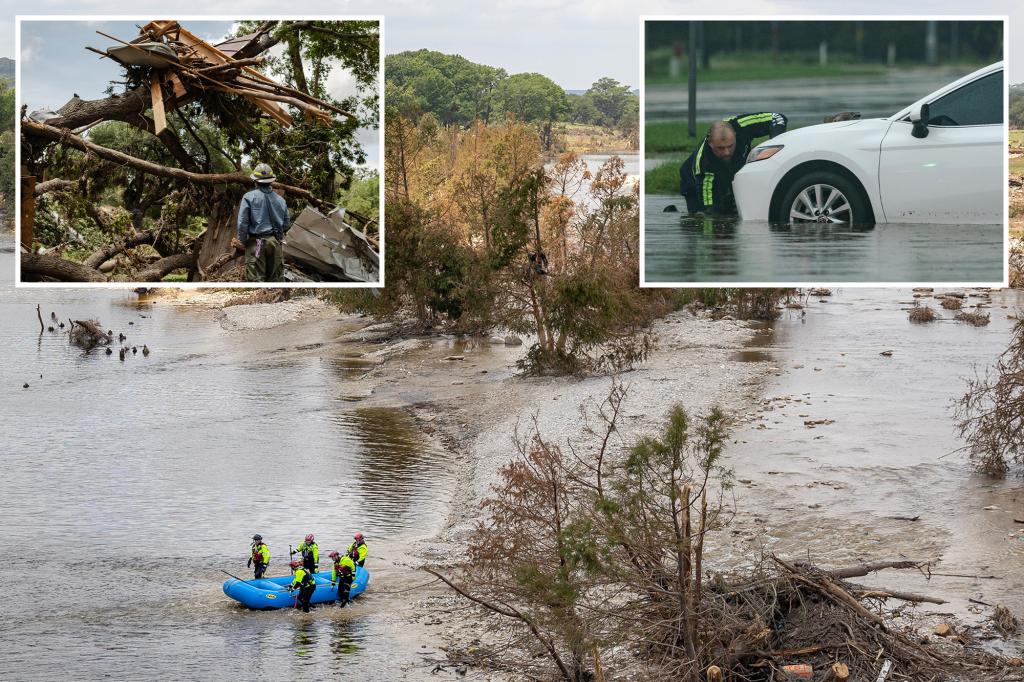Climate Change and Its Impact on Global Food Security
As climate change continues to escalate, its profound effects on global food security have come to the forefront. Recent studies indicate that rising temperatures, erratic weather patterns, and increasing carbon dioxide levels threaten agricultural productivity worldwide. Experts warn that without immediate action, millions could face severe food shortages by 2030.
The Current State of Global Food Security
According to the Food and Agriculture Organization (FAO), approximately 690 million people were undernourished in 2019, a number that has likely worsened due to the pandemic and climate fluctuations. In a report released earlier this year, the FAO projected that by 2030, an estimated 811 million people could be experiencing hunger, primarily driven by climate-related disruptions to food production.
Dr. Maria Santos, a climate scientist at the Global Institute for Sustainable Development, stated, “The intersection of climate change and food security is stark. We are witnessing agricultural zones shifting, reducing the areas suitable for crops in regions that are already vulnerable.” This observation underscores the urgent need for adaptive strategies in agriculture.
Climate Impacts on Agriculture
Climate change manifests in several ways that adversely affect agriculture. These include:
- Increased Temperature: Higher temperatures can lead to heat stress in crops, reducing yields significantly.
- Unpredictable Weather Patterns: Erratic rainfall and extreme weather events such as droughts and floods disrupt planting and harvesting schedules.
- Soil Degradation: Climate change accelerates soil erosion and degradation, diminishing the land’s productivity over time.
For instance, the National Oceanic and Atmospheric Administration (NOAA) reported that 2021 witnessed the highest number of weather-related disasters in the United States, costing billions in agricultural losses. Such events not only threaten local food supplies but also have global repercussions as countries rely on imports to meet their needs.
The Ripple Effects of Food Insecurity
The implications of food insecurity extend far beyond hunger. Economically, nations facing food shortages may experience increased prices and supply chain disruptions, leading to inflation and social unrest. A report from the World Bank highlights that food price spikes can exacerbate poverty, pushing an additional 100 million people into extreme poverty by 2030.
Dr. Helen Liu, an economist specializing in food systems, explains, “Food insecurity can lead to instability. Countries with high levels of hunger are more prone to conflict and social upheaval. This creates a vicious cycle where instability hampers economic growth, further exacerbating food insecurity.”
Strategies for Mitigating Food Insecurity
Addressing the challenges posed by climate change requires a multifaceted approach. Here are several strategies that can help mitigate food insecurity:
- Investment in Sustainable Agriculture: Promoting practices such as crop rotation, agroforestry, and organic farming can enhance resilience against climate impacts.
- Development of Climate-Resilient Crops: Research into genetically modified crops that can withstand extreme weather conditions is crucial for maintaining yields.
- Improved Water Management: Efficient irrigation systems and rainwater harvesting can help farmers adapt to erratic rainfall patterns.
Furthermore, international cooperation is essential. Agreements such as the Paris Accord emphasize the need for collective action to reduce greenhouse gas emissions and promote sustainable practices globally. Collaboration between governments, non-governmental organizations, and the private sector can foster innovation in agricultural techniques and technologies.
The Role of Policy and Community Engagement
Effective policies play a critical role in enhancing food security. Governments must prioritize agricultural investments and support local farmers through subsidies and education. Community engagement is also vital; empowering local populations to participate in food production and distribution can lead to more resilient systems.
“Community-based approaches provide an opportunity for better resource management and increased food sovereignty,” says Dr. Santos. “When local communities are involved in decision-making, they can tailor solutions to their specific needs, making those solutions more effective.”
Conclusion: Looking Ahead
The intersection of climate change and food security presents a daunting challenge for the world. As we move towards 2030, the urgency for effective solutions to combat food insecurity cannot be overstated. Investing in sustainable agricultural practices, fostering international cooperation, and prioritizing community engagement are essential steps towards ensuring that food remains accessible for all.
In light of these challenges, it is imperative for individuals and organizations to advocate for policies that support sustainable agriculture and climate resilience. The time to act is now—our future food security depends on it.



